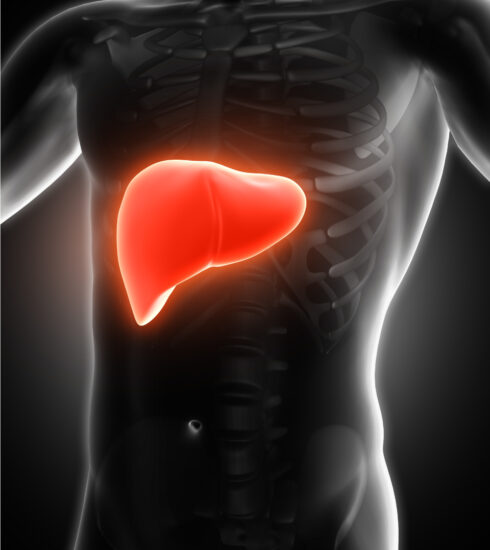Know about Heart Failure
- Dr. Vivek Mahajan, Dombivli

- April 22, 2024
Know about Heart Failure
The heart, the engine of life deserves special attention towards its well-being. Heart failure is a common albeit disastrous medical illness of which the common people are hardly aware. The average life span of a heart failure patient is only 5 years, worse than many cancers.
What is heart failure?
Heart failure is the inability of the heart to discharge its function effectively. Heart failure usually occurs after a massive heart attack which damages a sizeable portion of the heart muscle, leaving the person with an extremely weak and stiff heart. Another common reason is an inherent weakness or stiffness in muscles of the heart that weakens the heart function.
How to recognize the symptoms?
The weakness of heart function means the inability of the heart to pump blood effectively to vital organs like the brain, kidneys, limbs on one hand leading to low blood pressure, generalized fatigue, and impaired functioning of kidneys. On the other hand, failure of the heart to prevent back pressure due to accumulation of impure blood in lungs, liver, limbs leads to breathlessness, loss of appetite, and swelling of limbs and later on the whole body. The breathlessness is initially on doing ordinary exertion and later on is even when the person is resting. In the initial stages, the person may feel suffocated after 2-3 hours of sleep needing him to wake up and walk around to get fresh air. At later stages, this suffocation appears immediately after the person lies down. Some patients may complain of cough on lying down instead of breathlessness.
What tests does the patient have to undergo?
If the patient experiences such symptoms, the doctor will, in addition to routine tests, advice heart-specific tests like 2D echo and NT-proBNP which is a blood test to make diagnosis of heart failure. Cardiac MRI may be advised to assess the heart muscles. Coronary angiography is an essential test to find out if blockages in heart arteries are the reason behind the weak and stiff heart.
Does the patient need to change their lifestyle?
The most important dietary precautions for such patient are to restrict total water intake to less than 1.5 litres/day and salt restriction. The patient should consume water from a 1 litre bottle in 24 hours and added fluids from beverages, soups, etc. should not exceed more than 500 ml. Avoid packed foods with salt like preservatives, hotel food, aerated drinks. Consume homemade food with 20% less salt to taste. Aerobic exercises as per tolerance are advisable.
Is there any treatment available?
The last 2 decades have seen the discovery of wonderful medicines to improve the survival of heart failure patients. These medications need to be supervised by the treating doctor very frequently. If the coronary angiography reveals blockages then they should be treated with angioplasty or bypass surgery. For patients who fail to improve with medicines and show electric disturbance on ECG, special pacemaker device therapies in the form of Cardiac Resynchronization Therapy are available through a minor surgical procedure and are highly effective. A person with heart failure is prone to sudden death which can be prevented with another pacemaker-like device called Automated Implantable Cardioverter Defibrillator which can save the life of a person by giving him an automated shock to save his life from cardiac arrest. Heart Transplant and artificial heart support are the last options for heart failure patients.
Heart failure is not a death sentence and we have multiple therapies to offer. See your qualified cardiologist today to have a long life with good quality of life.









